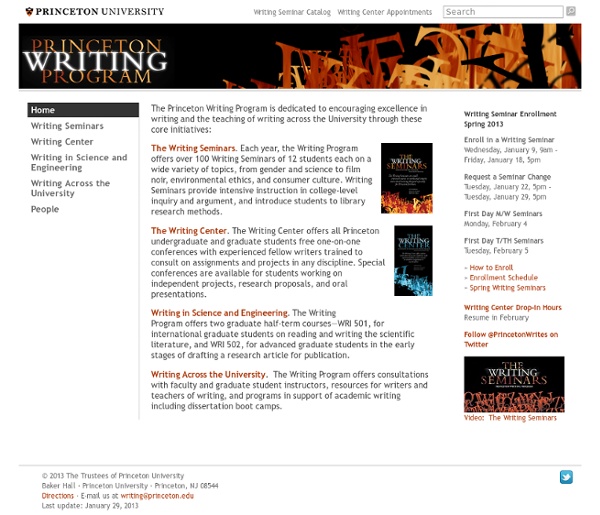



Guide to Publishing Download the PDF version of this guide Build Your Book on Our Foundation of Excellence You don't have to search long to find a self-publisher. iUniverse was founded on traditional publishing roots with the belief that the best in book publishing should be available to all authors. Discover why iUniverse is peerless in the world of self-publishing. Take Your Book Beyond Publishing is just the beginning. iUniverse can help you take your book places. Industry Connections Author SolutionsA Penguin Random House CompanyiUniverse is one of the most storied imprints in the Author Solutions family, the self-publishing group acquired by the world's first truly global tradebook publisher. Open Book EditionsA Berrett-Koehler PartnerConnect with Berrett-Koehler's mission-minded publishing philosophy. True DirectionsAn Affiliate of Tarcher Books, a Penguin Random House Imprint Align your book with one of the premier mind-body-spirit publishers. Recognition for a Book Well Done Connecting the Dots Editing Events
How to Start a Freelance Copywriting Business Edit Article Edited by Krystle C., Mary Klaebel, Donni Jay De-Ville, Flickety and 13 others Launching a freelance copywriting career is not only possible, but profitable as well. Here are some steps to get you started. Ad Steps 1Start telling all your friends and relatives about your career change to get the word out. 12Consider scoring your copywriting effort against a database of historically most effective sales copies and ads using an automatic solution, such as Glyphius. Tips Use a sales letter generating software to help you get started.
This site is wonderful for finding top notch writing tips and help! by ginamichelle1123 Feb 22